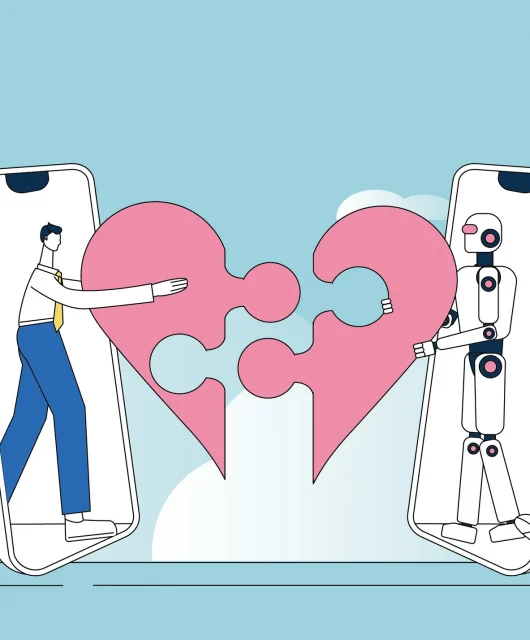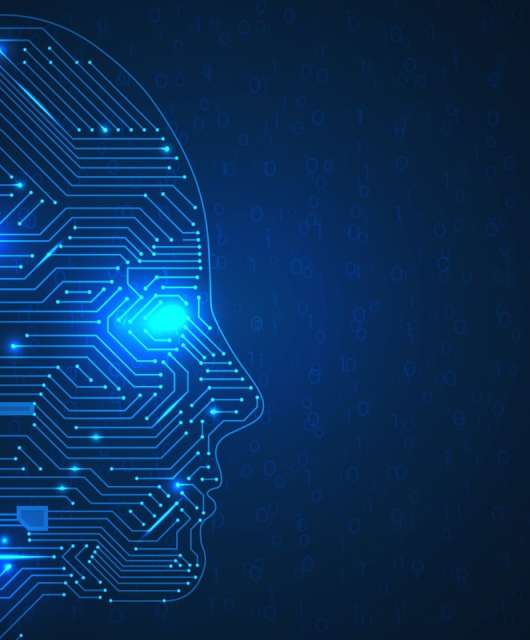Accurately predicting the future of technology is notoriously difficult. Trying to guess what we will be doing in 2035 is even harder. But it is already clear that there is one advance we will be unable to live without in fifteen years’ time – artificial intelligence.
Autonomous vehicles
Despite having been ‘nearly ready’ for years, self-driving cars will have finally arrived by 2035. Petrol and diesel cars driven by humans will be extremely rare with most sent to museums as AI-powered electric vehicles replace them.
By 2035 we can also expect to see AI technologies in other vehicles as consumers become more comfortable with the idea. Trucks, buses, trains and even container ships are likely to become driverless over the next 15 years. It is also very likely that AI will become a vital aspect of the autopilot in most airliners.
Autonomous traffic control
Self-driving vehicles are designed to navigate a route safely, avoiding collisions with pedestrians and other vehicles automatically. But on-board artificial intelligence is only good for controlling that one car.
If we simply swap our existing cars for self-driving versions, there will still be a lot of vehicles on the road. Which means we may still get caught up in traffic jams.
By 2035 we will have integrated artificial intelligence capabilities with traffic management systems, helping to automate the flow of vehicles on our roads. These systems will control traffic lights, adjust speed limits and make constant changes and tweaks to reduce bottlenecks and keep cars moving through towns and cities and on major highways.
Artificial Intelligence will also be at heart of managing other transport methods. Train signalling will be automated to improve punctuality and track safety. Busy shipping lanes like the English Channel and Suez Canal will use AI-powered management systems to keep autonomous ships on course, avoid dangerous waters and prevent collisions. Eventually even the busiest flight paths will also be automated to reduce the risk of air traffic control operator error that leads to near misses and accidents.
AI-powered personal assistants
Current digital personal assistants like Siri, Google Now and Cortana are beginning to show some of the potential of AI in our personal lives. They can already automatically suggest predicted actions based on the contents of email and text messages for instance.
But as things stand, many of the ‘intelligent’ actions require you to give an instruction first. You have to tell the app what to do. By 2035, digital assistants will be able to perform tasks like turning lights on when you arrive home without having to first configure rules that tell it what to do.
We can also expect a dramatic improvement in the way our assistants communicate with the world. If you’re running late for an appointment, Siri will be able to call ahead to let your contact know automatically.
By 2035 artificial intelligence will be much, much smarter simply because it will finally be able to act on its own (within limits!). AI will have finally reached the point where it knows the most appropriate, safest action in all circumstances, avoiding many of the ‘human errors’ that we create ourselves.









1 comment
It helped me to understand about the future.